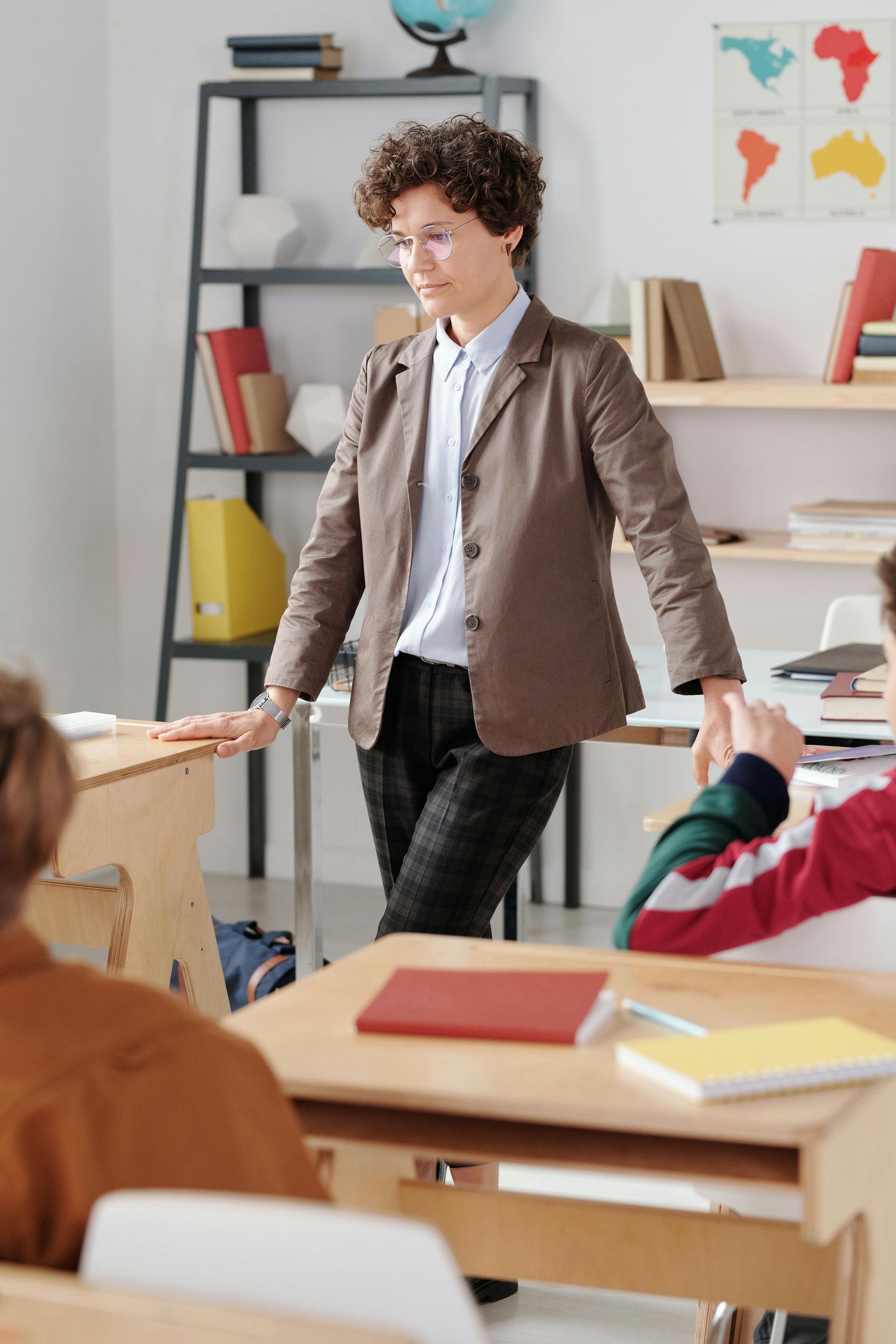4 Ways to Teach Your Child to Say No to Drugs
Drug awareness is a critically important topic for children. If you are a parent or school administrator, you already know how harmful drugs are. You’ve read the statistics. Maybe you’ve even experienced the horrors of drug abuse firsthand through a family member or a friend. But what can you do to help your child say ‘no’ to drugs?
I’m Virginia-based school assembly expert Joe Romano. I’ve spent the last 30+ years educating elementary school children on a variety of topics, including science, reading, and math. But in recent years I’ve added character education to my series of educational assembly programs.
I’m passionate about drug awareness and want to do my part to help. This article will outline some simple strategies to help you encourage your children (or your students at school) to make healthy choices.
Why Do People Try Drugs?
That’s the big question, isn’t it? People try drugs for many of the reasons we’ve been told our entire lives. They want to fit in. People are social animals. Despite what some of us say, we want to belong. And with children, the pressure they feel to fit in with their peers is enormous. But that’s not the only reason.
Some kids turn to drugs because of their home life. Maybe there is too much conflict at home. They turn to drugs as a coping mechanism. And some try drugs for the first time simply to rebel against their parents. And still others try drugs because they don’t like who they see in the mirror. They try drugs to feel better about themselves.
Preventing drug use by your child is not always easy. Below are some strategies you can use.
Teaching Kids to Say No Tip #1: Find Teachable Moments
When you watch television shows or movies, there will likely be times when certain characters smoke, drink, or do drugs. Unfortunately, it’s everywhere. Even old Disney movies feature plenty of smoking and drinking. In “Pete’s Dragon,” one of the main characters is drunk in every other scene. And he teams up with another drunk character to give Elliot the dragon a big drink of alcohol!
Use moments like this. When your family encounters them, pause the movie. Have a calm, rational discussion. Talk about the effects of alcohol or smoking. What do your children think it does to the body? How does it affect them in the long term? Discussing these things can help reduce or eliminate any misunderstandings caused by inaccurate or playful TV shows and movies.
Teaching Kids to Say No Tip #2: What Have They Heard?
Elementary school-age children are often still at that stage where they are still willing to talk to you. These early years are the time you need to instill positive messages into your impressionable kids. Start by having an open discussion about drugs. Ask them what kids are talking about in school. What kind of things have they heard?
Then step back and listen. Discuss in a calm tone of voice. If you freak out, so will your child. Be willing to find the facts you need. Give your kids solid, easy-to-understand information. Find reputable sources. And related to #1 above, use stories in the news for opportunities for discussion.
Teaching Kids to Say No Tip #3: It’s Never “One and Done”
One important thing to remember is drug awareness is ongoing. Don’t make the mistake of thinking you can talk to your kids just once about drugs. A “one and done” conversation may fade from memory over time. But the peer pressure and temptation to “go along to get along” will be there every day.
So be prepared to talk about this issue on an ongoing basis. And remember that as your kids age, their perceptions, values, and beliefs may change. You’ve got to evolve with your children. Be prepared to stay up to date on what’s happening in the world.
Teaching Kids to Say No Tip #4: Help Improve Your Child’s Self-Esteem
The better someone feels about themselves, the less likely they are to succumb to drugs. According to the National Library of Medicine, self-esteem is one of the factors most likely to influence whether someone tries drugs.
The big takeaway? Help your child build and maintain healthy self-esteem. Nurture them at home. Praise their efforts. Discipline with love, not out of anger. Understand your child’s interests. Take an interest in those interests and nurture them.
Ultimately, someone who feels good about themselves is far more likely to make healthy choices.
Help Your Entire School Make Healthy Choices
Want every student in your school to hear a positive message? My “The Magic in You” character education school assembly is packed with positive messages and ways to build healthy self-esteem. The magic, join-in fun, and kid-friendly humor guarantee your students will be captivated from the beginning of the show to the end. Contact me today for more information.
SHARE POST



